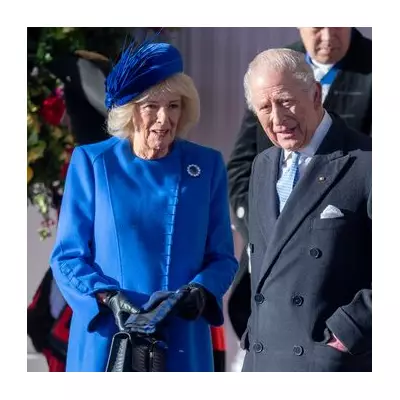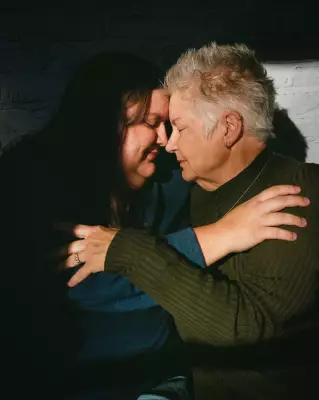
At just thirty years old, Sarah describes herself as a "lonely senior" - a poignant label that captures the silent epidemic gripping a generation of young Britons. Her story isn't unique, but it reveals a disturbing trend that's transforming how we understand social isolation in modern Britain.
The Invisible Struggle of Young Adulthood
While loneliness has traditionally been associated with the elderly, mental health experts are witnessing a dramatic shift. Professionals in their twenties and thirties are increasingly reporting feelings of profound isolation, despite living in the most connected era in human history.
Why Are Young People So Lonely?
Several factors contribute to this growing crisis:
- Remote working patterns that reduce organic social interaction
- Social media saturation creating superficial connections
- Urban relocation away from traditional support networks
- Economic pressures limiting social activities
- Delayed life milestones like marriage and home ownership
A Public Health Emergency in the Making
Medical professionals are raising alarms about the physical and mental health implications. Chronic loneliness has been linked to increased risks of depression, anxiety, heart disease, and weakened immune systems. The NHS is seeing more young adults presenting with stress-related conditions directly connected to social isolation.
Breaking the Cycle of Isolation
Mental health charities recommend several strategies for combating loneliness:
- Join community groups or hobby clubs that meet regularly
- Limit social media consumption and focus on quality interactions
- Volunteer for causes that provide meaningful connection
- Seek professional support through therapy or counselling
- Practice self-compassion and understand that loneliness is a common human experience
Sarah's courageous decision to speak out highlights a critical conversation Britain needs to have about mental health, community, and the changing nature of human connection in the digital age.





